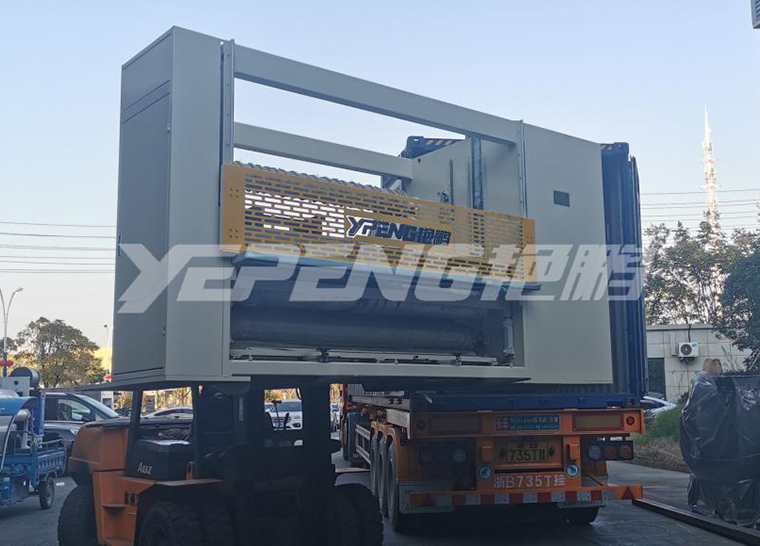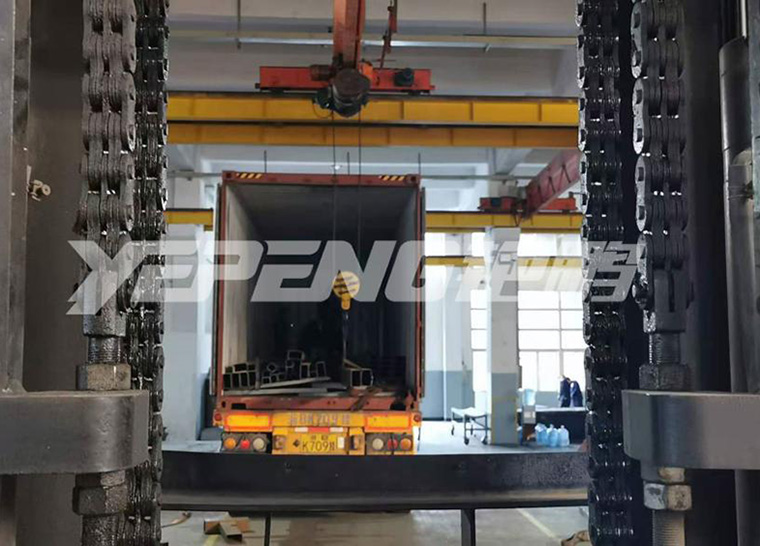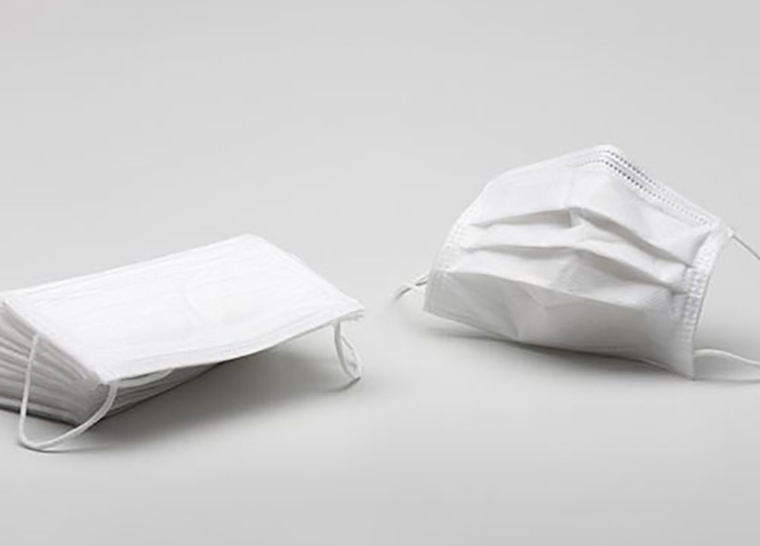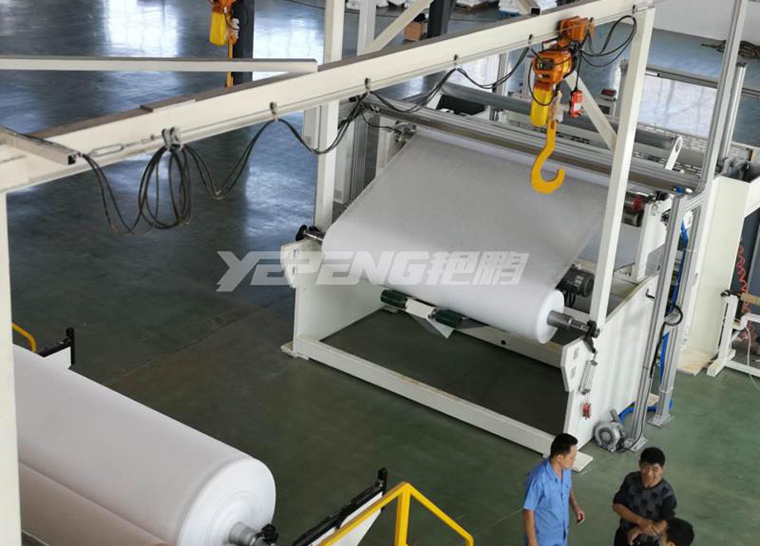
Zhejiang Yanpeng Nonwoven Machinery Co.,Ltd.---A professional non woven production line Manufacturer
11. 2020
Quick service response time
Provide 7x24 hours of uninterrupted
service for you
Professional one to one customer service
Escort your production
Address: Wanchuan Road, Binhai New District, Pingyang County ,Zhejiang, China
Tel: 0086-577-58198758
Fax: 0086-577-58198759
Fill in your project information



11. 2020

11. 2020

11. 2020

10. 2020

